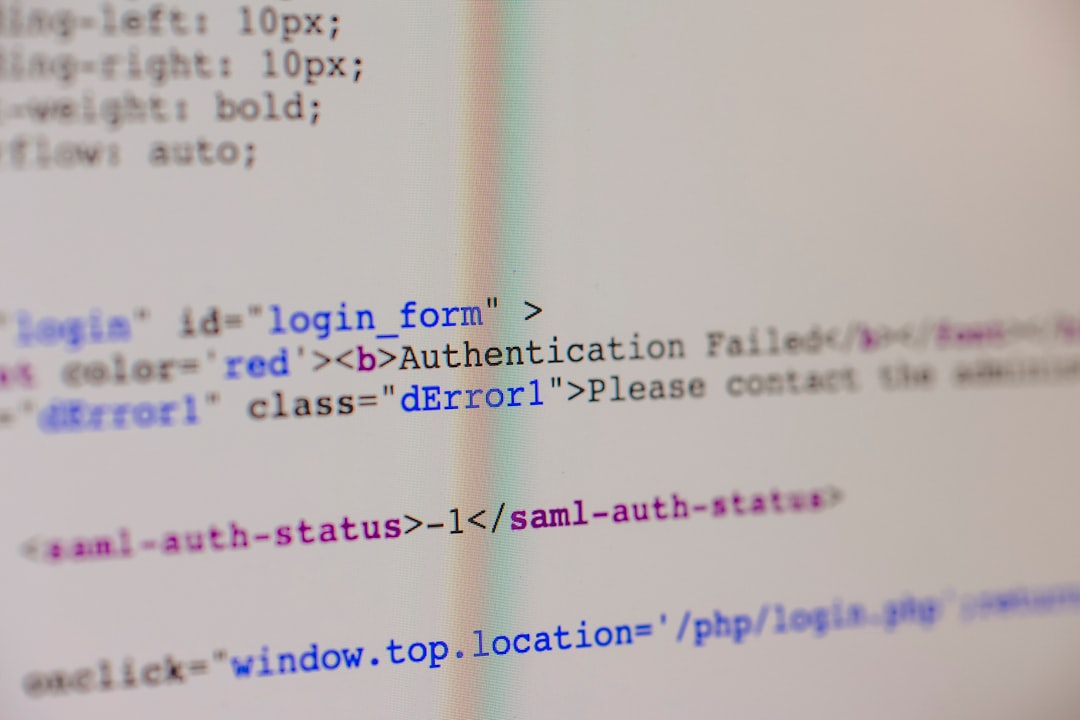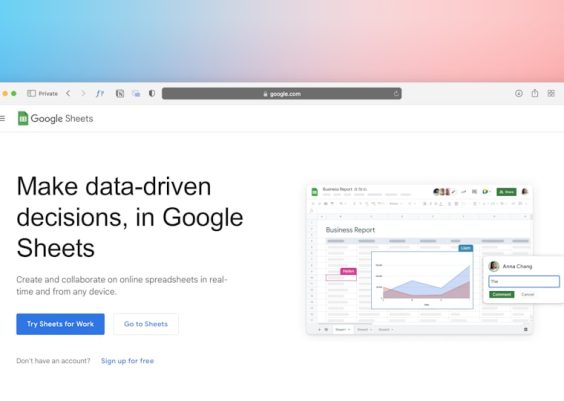Every business that ships goods, transfers customer information, or serves a broad geographic area has faced the challenge of inaccurate addresses. Inaccurate data can lead to failed deliveries, unhappy customers, wasted shipping costs, and compliance issues. This is where Address Verification APIs come in—automated tools that check and correct address information in real-time to ensure it’s complete and formatted according to regional postal standards.
In this article, we’ll explore what Address Verification APIs are, their advantages and disadvantages, and how their pricing models vary. Whether you’re an eCommerce startup or an enterprise logistics firm, understanding these APIs can significantly improve your customer experience and operational efficiency.
Contents
What is an Address Verification API?
An Address Verification API is a software interface that checks the validity of a postal address submitted by a user and corrects or formats it according to official postal standards, such as those from USPS, Canada Post, or international equivalents like Royal Mail or Australia Post. These APIs often incorporate features like auto-suggestion, international formatting, geocoding, and deduplication.

How Do They Work?
It starts when an address is input manually into a form—like the checkout field of an eCommerce site. The API is called upon to:
- Validate: Ensure the street, city, and ZIP/postal code exist and match known formats.
- Standardize: Format the address according to regional standards (e.g., abbreviating “Street” to “St”).
- Autocomplete: Suggest possible valid addresses as the user types.
- Verify Deliverability: Check if the address can receive mail or parcels.
Top Benefits of Using an Address Verification API
There are many advantages to integrating an Address Verification API into your business environment. Here’s a breakdown of the most impactful:
1. Reduced Shipping Errors
Incorrect addresses can lead to failed deliveries, returns, or extra shipping costs. Validated addresses dramatically decrease these mishaps.
2. Enhanced Customer Experience
Faster checkout forms, address suggestions, and error alerts contribute to smoother transactions and fewer delivery complaints.
3. Better Data Quality
Having clean, standardized address data improves reporting, analytics, and future operational integrations.
4. International Reach
Many APIs can validate addresses in over 200 countries, making it easier for businesses to grow globally without investing in local postal knowledge.
5. Compliance and Fraud Prevention
For regulated industries or those dealing with Know Your Customer (KYC) requirements, address validation helps in verifying identities and reducing potential fraud.

Potential Drawbacks of Address Verification APIs
While powerful, Address Verification APIs are not without their drawbacks. Understanding the downsides can help you make a more informed decision.
1. Cost Considerations
High-volume usage can become expensive, especially for startups or growing companies that process thousands of transactions daily. Some APIs charge per lookup or offer usage-based subscriptions that add up quickly.
2. Overcorrection
Sometimes, verification services may alter custom or unofficial addresses (like new developments or rural territories) incorrectly, causing confusion or delivery issues.
3. Integration Complexity
Implementing an API isn’t always plug-and-play. Depending on your system architecture and development resources, integrating and maintaining the API can be labor-intensive at the beginning.
4. Limited Regional Coverage
Not all APIs are equally strong globally. Some may work perfect in North America but have limited support or outdated data in other parts of the world.
Popular Address Verification API Providers
Here’s a quick look at some of the leading solutions on the market:
- Google Maps API: Strong global support and advanced autocomplete features.
- Smarty: U.S.-centric, fast, and competitively priced for domestic businesses.
- Loqate: Excellent international coverage and integrations with CRMs.
- Melissa: Strong data hygiene and verification features, including People Search.
- SmartyStreets: Now known as Smarty, great for scalable U.S. address verification.
Each of these platforms has its pros, depending on whether your business is domestic or international, startup or enterprise-level, or API vs. software-integrated.
Understanding Pricing Models
Pricing can vary widely depending on the provider, features, and usage frequency:
1. Pay-as-You-Go
These APIs typically charge per address lookup or verification. Rates range from $0.001 to $0.05 per request, depending on the provider and the nation of the address.
2. Monthly Subscriptions
Subscription plans are based on volume tiers. You might pay $50/month for up to 5,000 lookups and scale to $500/month or more for enterprise usage.
3. Freemium Plans
Some providers offer a limited number of free lookups per month—great for testing or low-use applications. For instance, Google Maps API offers $200 worth of free usage each month.
4. Enterprise Licensing
Larger companies can negotiate custom pricing with SLAs and volume discounts. These often include dedicated customer support and deeper API integrations.
How to Choose the Right API for Your Business
When selecting an Address Verification API, consider these questions:
- Where is your customer base located? Make sure the API supports those regions robustly.
- What’s your monthly volume? Estimate lookup numbers to choose the right pricing tier.
- Do you need real-time suggestions or batch updates? Not all APIs offer the same flexibility.
- Do you have integration resources? Select an option with SDKs, plugins, or support for the platforms you use (e.g., Shopify, Salesforce).
Future Trends in Address Verification
As digital commerce and global trade continue to grow, Address Verification APIs are evolving rapidly. The integration of AI and machine learning enables more accurate parsing, especially for informal text-based inputs (like voice or chat entries). Additionally, APIs are starting to combine address data with geolocation tracking, user behavior analytics, and fraud detection tools to offer a more holistic validation experience.
We’re also seeing more APIs expanding their services to include multilingual support, cross-border customs compliance, and even drone delivery compatibility.
Final Thoughts
Address Verification APIs may be a quiet player in your tech stack, but their impact on your business outcomes is loud and clear. From shipping cost savings to upping your customer satisfaction, these APIs bring structure and certainty to one of the most error-prone fields in customer data: location.
Investing in a suitable address validation service not only improves operational efficiency but also safeguards your brand’s reputation. Spend the time to evaluate the features, pricing, and integration capabilities that are aligned with your business goals—and your customers will thank you, often from the right doorstep.




